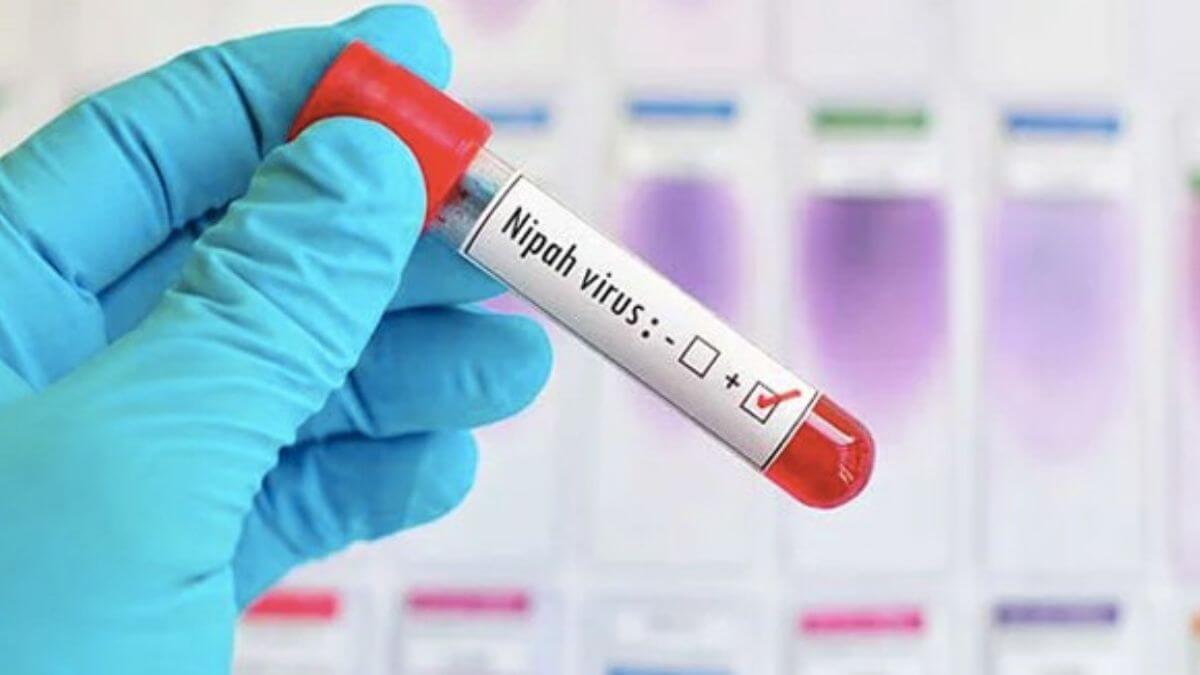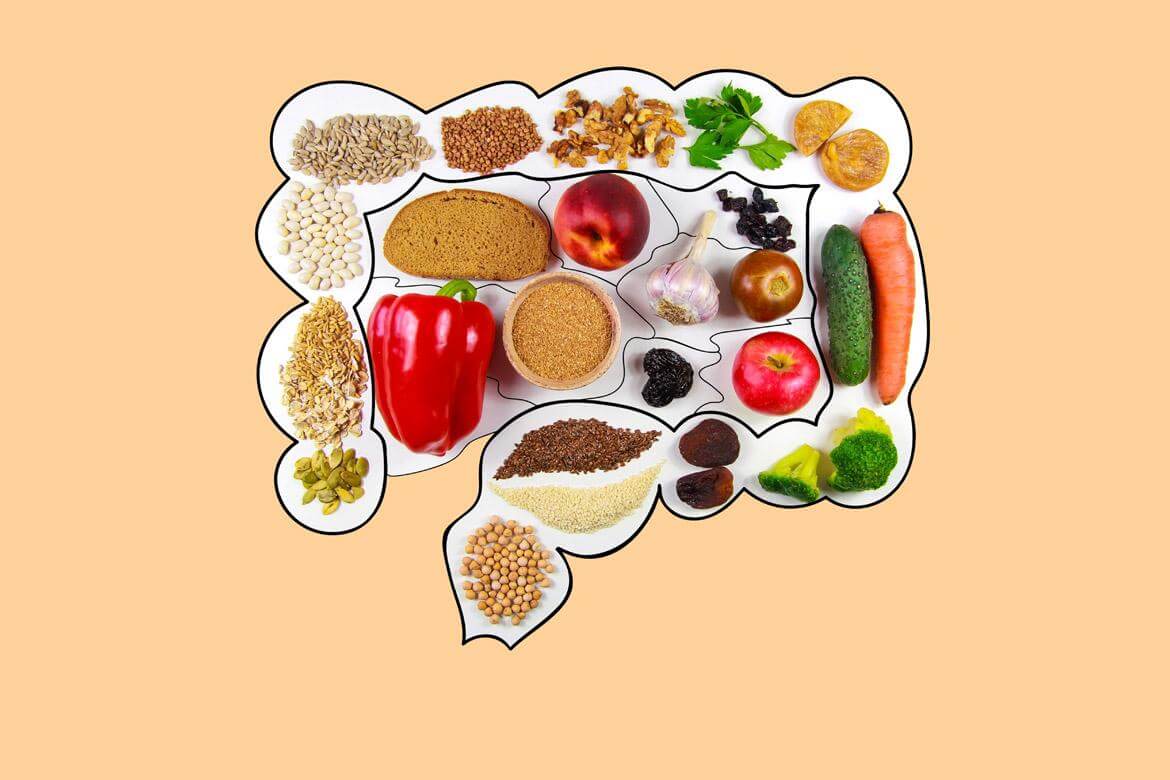Expert reveals how quitting tobacco can help boost fertility naturally
Sun 04 May 2025, 23:29:38

Infertility is becoming increasingly common among individuals, and while biological and genetic factors do play their part in it, lifestyle factors such as the use of tobacco and alcohol are major contributors. Although certain causes of infertility may be beyond personal control, avoiding tobacco is a clear, actionable step that can greatly improve fertility outcomes for both men and women. Studies show that women who smoke are 60% more likely to face difficulties in conceiving compared to those who do not smoke. Smoking interferes with the normal function of ovaries and decreases the level of essential reproductive hormones.
According to Dr Kshitiz Murdia, CEO & Whole-Time Director of Indira IVF, tobacco has harmful agents that can damage eggs by deforming them, reducing their number, and impairing their health in a way that may cause eggs to form abnormal embryos. It also affects the menstrual cycle and causes irregular menses and premature menopause, which minimises the fertile window. Moreover, it increases the risk of miscarriage, preterm birth, and ectopic pregnancies, where the fertilised egg attaches outside the uterus, mostly in the fallopian tube. This condition can be life-threatening for women and is not viable for pregnancy.
Cigarette smoking harms the sperm structure and composition in men and is also a common cause of impotence. According to the Journal of Andrology, men who smoke are twice as likely to suffer from erectile dysfunction. Tobacco also contributes to sperm DNA damage and increases the likelihood of miscarriage. Tobacco products also contain harmful chemicals like cadmium and lead that suppress sperm function and fertility levels in general.
Quitting tobacco can bring about significant improvements in both fertility and reproductive health, often within just a few weeks. For women, egg quality typically begins to improve
around three months after quitting, matching the 90-day cycle it takes for a new egg to mature. The uterine lining also becomes more receptive, boosting the chances of conception naturally or through assisted methods like in vitro fertilisation (IVF).
around three months after quitting, matching the 90-day cycle it takes for a new egg to mature. The uterine lining also becomes more receptive, boosting the chances of conception naturally or through assisted methods like in vitro fertilisation (IVF).
Male sperm regeneration typically occurs over a two- to three-month period, during which the positive effects of tobacco cessation begin to manifest through enhanced blood circulation and more robust sperm development. Erectile dysfunction, commonly linked to smoking, often shows marked improvement following cessation. As sperm quality continues to improve, the chances of achieving a successful pregnancy increase, supported by the formation of embryos with greater genetic stability and overall viability.
Other than causing problems with fertility, smoking during pregnancy can complicate pregnancy in other respects and also pose health hazards to the unborn baby. Such babies can be born underweight even if born at full term, and there is also an increased risk of birth defects in the shape of cleft lip and cleft palate and difficulties in the brain and lungs. Coping with fertility problems can be a source of mental distress.
Adopting healthy lifestyle habits and refraining from harmful items like cigarettes can be of great help in conceiving a child. People wanting to quit smoking can do so with the help of counselling sessions, medication, or nicotine replacements. In case natural pregnancy is still out of their grasp, high-tech methods in the form of IVF or intracytoplasmic sperm injection (ICSI) may also be helpful options.
Disclaimer: (Tips and suggestions mentioned in the article are for general information only and should not be construed as professional medical advice. Always consult your doctor or a dietician before starting any fitness programme or making any changes to your diet.)
No Comments For This Post, Be first to write a Comment.
Most viewed from Health
AIMIM News
Latest Urdu News
Most Viewed
May 26, 2020
Should there be an India-Pakistan cricket match or not?
Latest Videos View All
Like Us
Home
About Us
Advertise With Us
All Polls
Epaper Archives
Privacy Policy
Contact Us
Download Etemaad App
© 2026 Etemaad Daily News, All Rights Reserved.

























.jpg)
.jpg)
.jpg)


